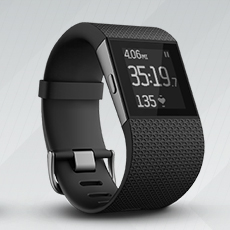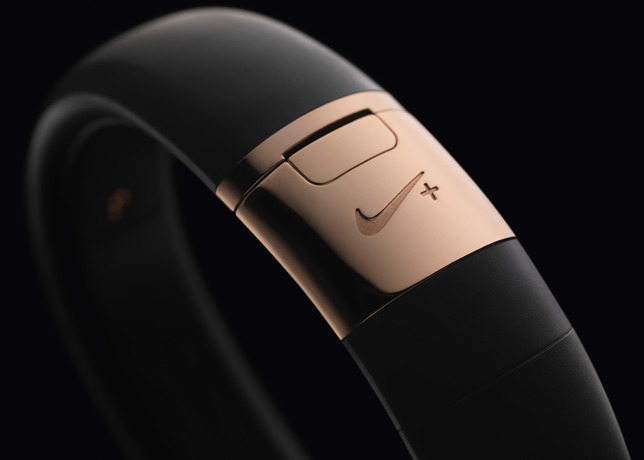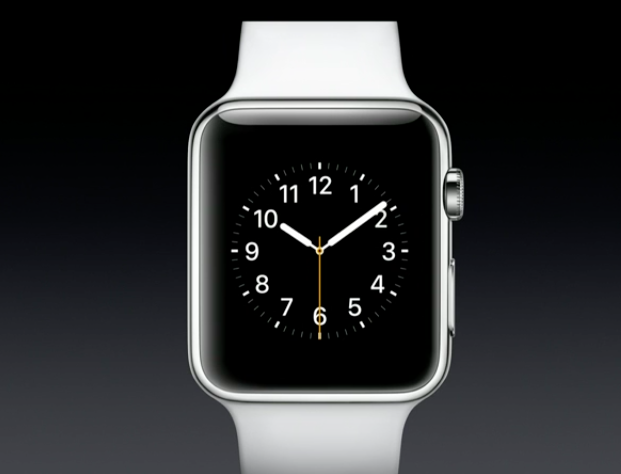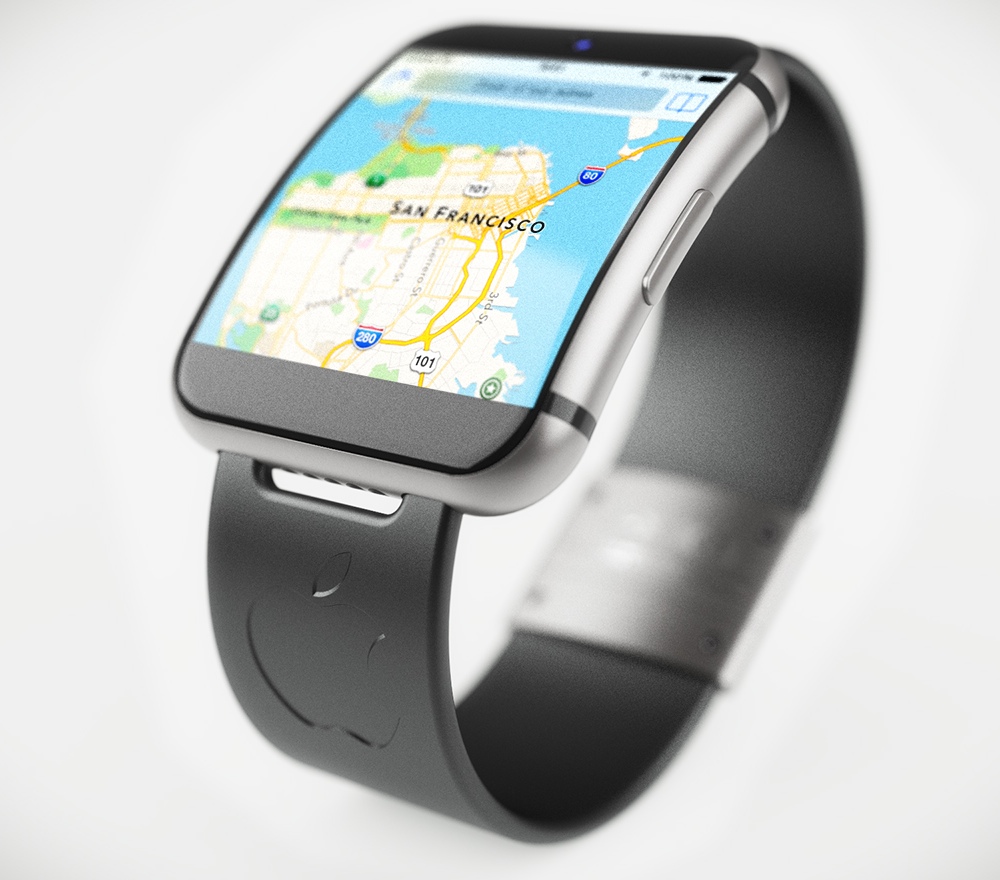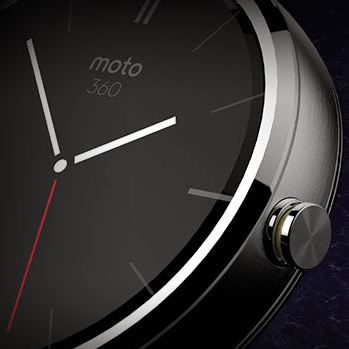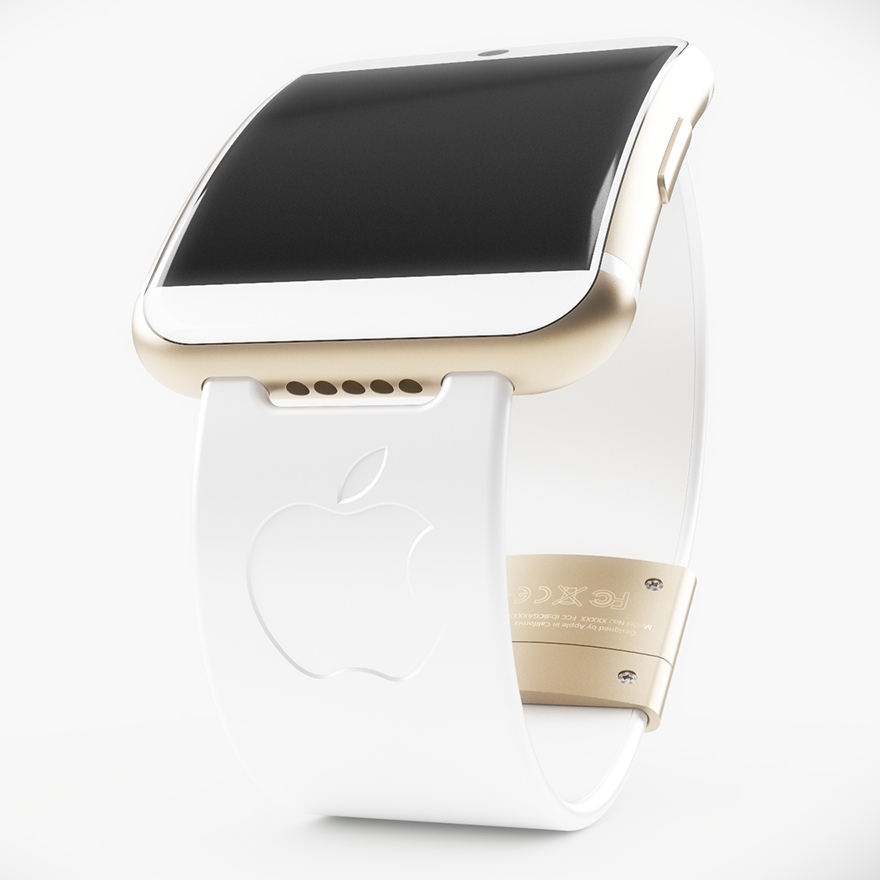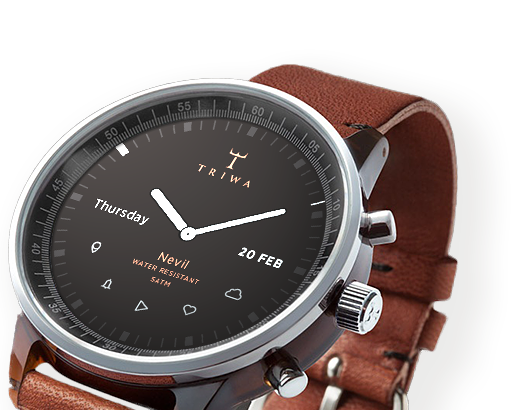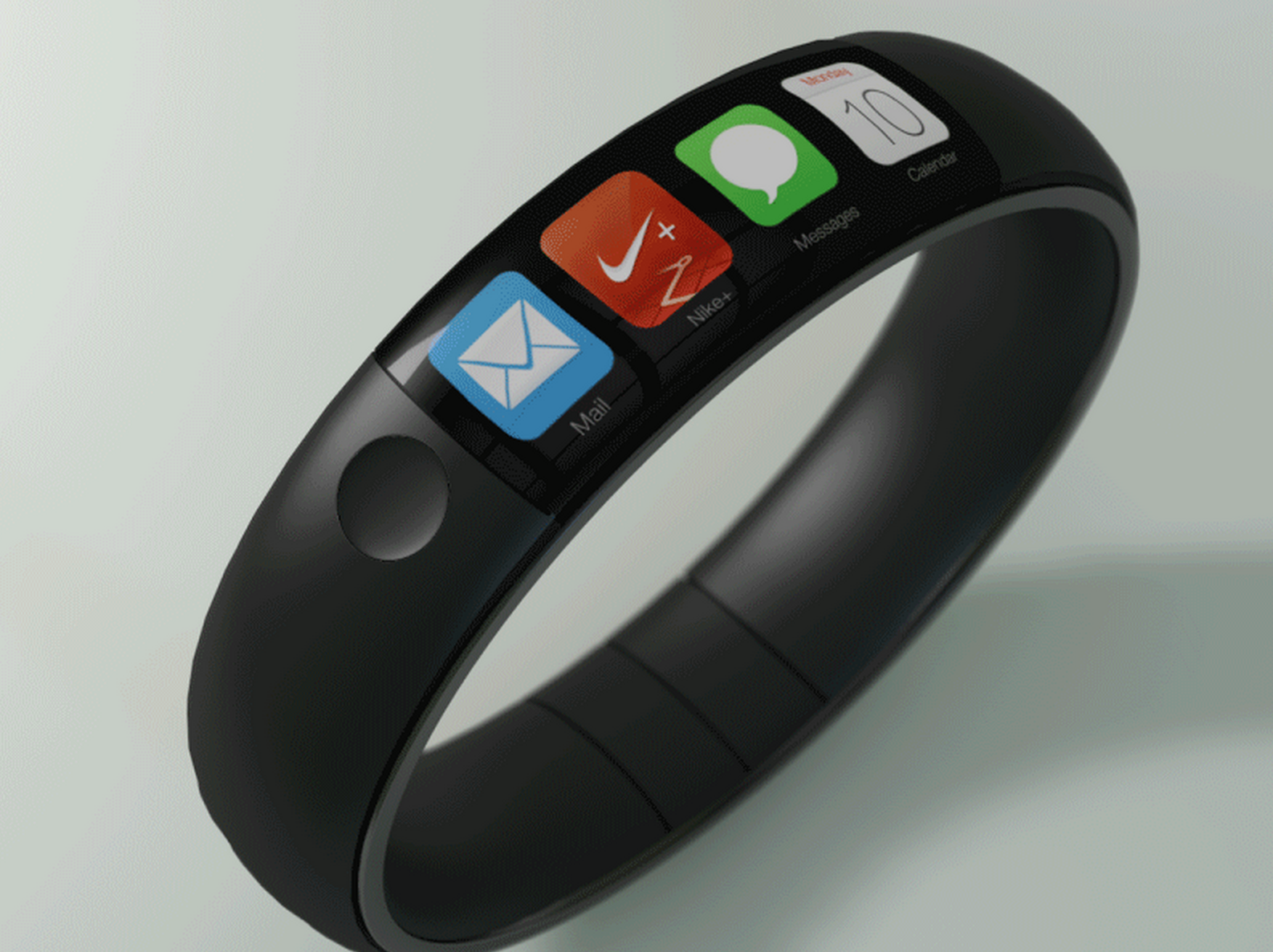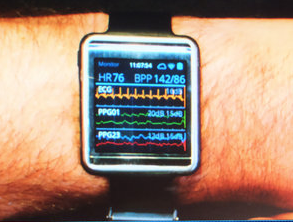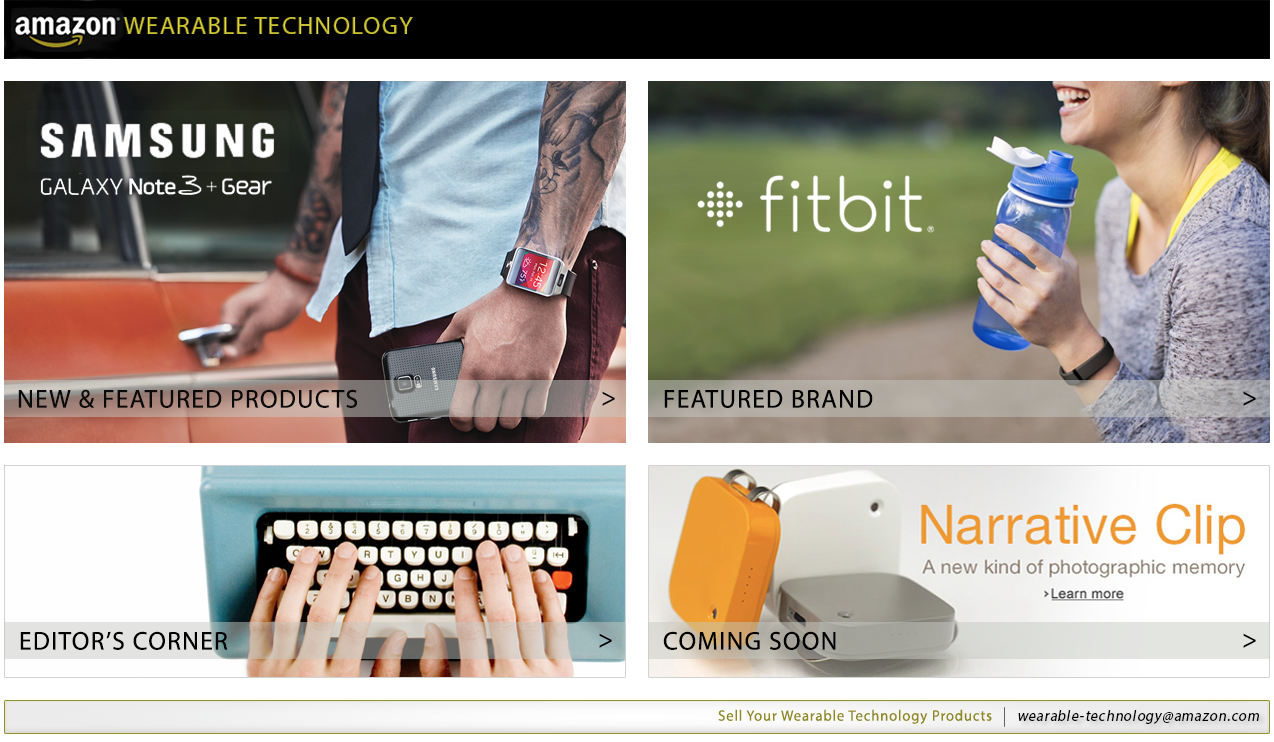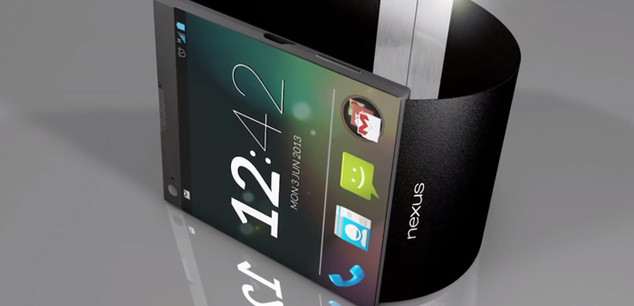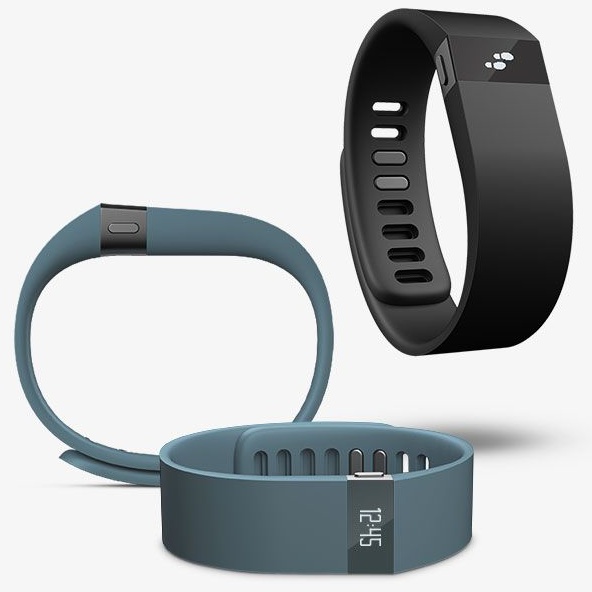After recalling its rash-inducing Force wristband back in February, FitBit on Monday launched a new family of activity trackers, the FitBit Charge and Charge HR, while making its first foray into the smart watch space with the FitBit Surge fitness accessory.
The water-resistant Fitbit Charge, billed as “the Force reinvented”, is an improved version of the activity tracker with an OLED screen and a seven-day battery. The Fitbit Charge HR is an improved version of the Charge wristband with FitBit's PurePulse heart rate sensors and a five-day battery.
As for the Fitbit Surge, this $250 fitness watch packs in a total of eight sensors for more detailed logging of activities such as running and working out. Jump past the fold for more details.
